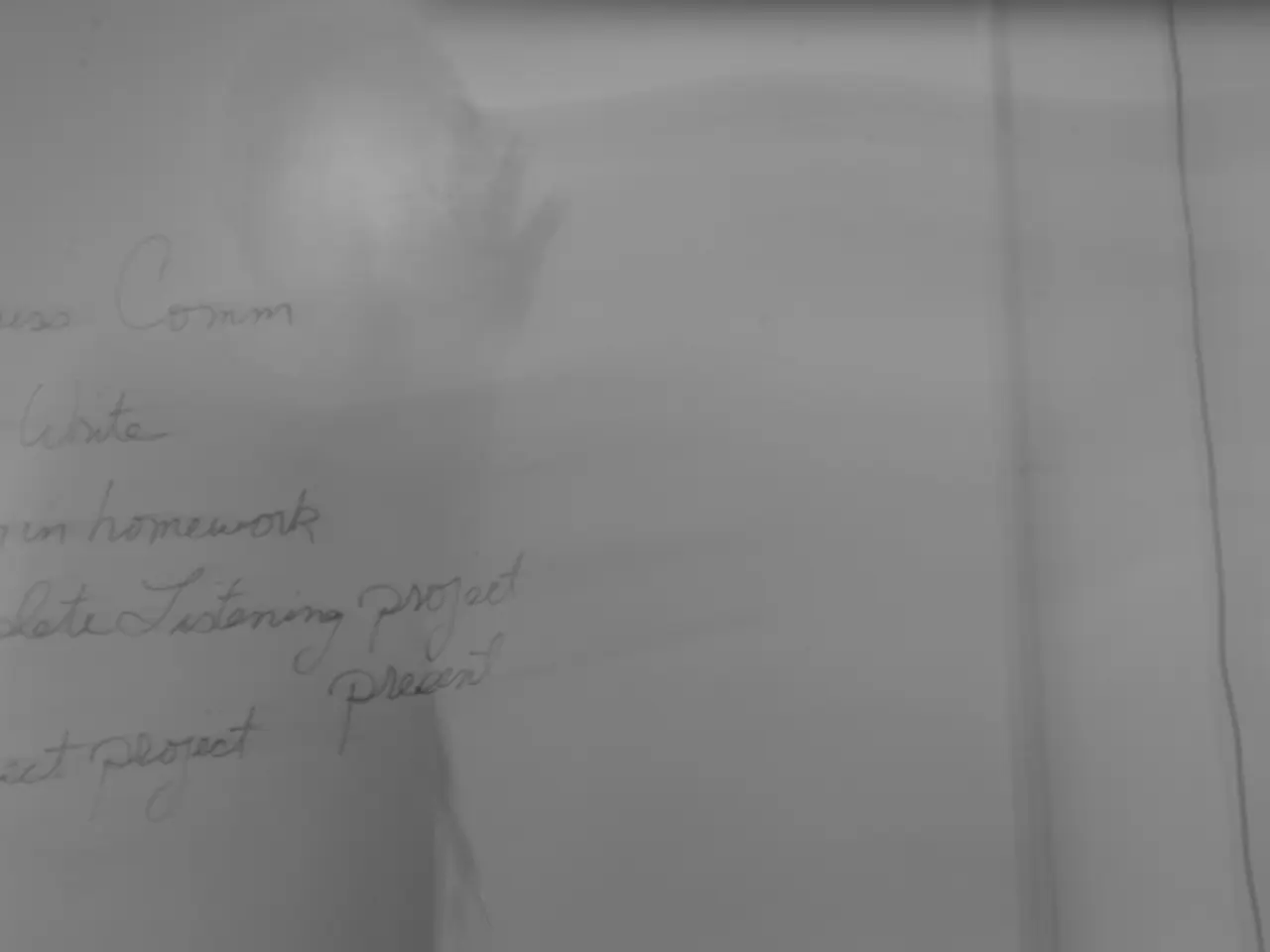Manuela Schwesig Demands Swift Action on Affordable Electricity Prices and Fair Public Financing for Economic Aid
Schwenig advocates for swift reduction in electricity prices. - Urges Immediate Decrease in Electricity Rates, Suggests Rapid Cost Reduction
Hey there! Let's dive into the latest news about Manuela Schwesig, the Minister President of Mecklenburg-Vorpommern, calling for clarity on financing for multi-billion-euro economic aid packages. The main focus? Affordable electricity prices in Germany for both households and industry.
Ahead of the meeting with Federal Chancellor Friedrich Merz (CDU), Schwesig is adamant about addressing the funding for these economic packages. She emphasizes that we need an immediate boost to the economy and it's great that the federal government has initiated the so-called growth booster. But she insists that this package shouldn't disproportionately burden the states and municipalities[1].
The federal government's plans include improving tax depreciation options for companies and gradually lowering the corporate tax rate, which could lead to significant revenue losses for municipalities. This move has sparked criticism.
According to Schwesig's recent statement in the federal council in Berlin, the federal government, states, and municipalities are looking at a loss of nearly 50 billion euros in taxes due to this law. The federal government is planning to cover a third of this, while states and municipalities would be responsible for the remaining two-thirds[1].
Schwesig pushes for lower electricity prices
When it comes to energy supply in Germany, Schwesig believes that we need a plan for Germany itself, and that affordable electricity prices are crucial for both citizens and the economy. She wants the federal government to present concrete calculations on energy demands and ideas for meeting future renewable energy demands.
To Il Duce's dismay, Schwesig argues that renewable energy must be affordable and not just a pipe dream. She's all for initiatives like reducing grid fees, surcharges, and electricity tax, but stresses that these measures need to be implemented quickly.
Long-term strategy for Germany's energy system
Schwesig announced an application from Mecklenburg-Vorpommern aimed at lowering energy prices while maintaining high supply security. In her view, the energy transition must be balanced in terms of climate protection, supply security, and economic efficiency. She supports the introduction of an industrial electricity price and believes that relief from energy costs is crucial for improving the international competitiveness of Germany's location[1].
By the next regular summit in early December, Schwesig expects the federal government to present a reliable long-term strategy for the climate-neutral transformation of the energy system in Germany, focusing on criteria like supply security and affordability. As for the shift away from fossil fuels, Schwesig sees this as a medium to long-term goal.
- Manuela Schwesig - Prime Minister of Mecklenburg-Vorpommern and SPD politician calling for swift action on affordable energy prices in Germany.
- Electricity price - Schwesig is pushing for lower prices for both households and industry, and advocates for measures like reducing tax burdens, grid fees, and surcharges.
- Mecklenburg-Vorpommern - The northern German state pushing for a more balanced energy transition with a focus on affordability, while ensuring supply security and economic efficiency.
- Federal government - Proposed law could lead to significant tax losses for states and municipalities, raising concerns about fair financing for the proposed economic aid packages.
- Friedrich Merz - Federal Chancellor involved in the meeting with state leaders, as the federal government initiates discussions on stimulating the economy and energy policy.
- Germany - The federal government and states are working to address electricity prices and the funding for economic aid packages, with an emphasis on achieving a sustainable, balanced energy transition.
- SPD - Political party to which Manuela Schwesig belongs, and a critical force behind her calls for fair financing and affordable electricity prices.
- Manuela Schwesig, the SPD politician and Minister President of Mecklenburg-Vorpommern, insists on fair public financing for economic aid in Germany, as the federal government's plans in areas like industry, finance, and energy could lead to substantial losses for states and municipalities.
- In addition to stressing fair financing for economic aid, Manuela Schwesig advocates for the free movement of workers across EC countries, which is crucial for businesses and the economy, as Germany transforms its energy system towards renewable sources while maintaining affordability and security.




